Inquiry Now
Email: [email protected]
WhatsApp:+86 170 766 13145
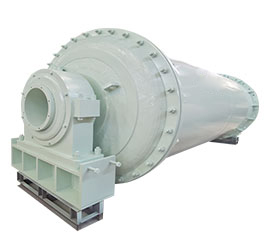
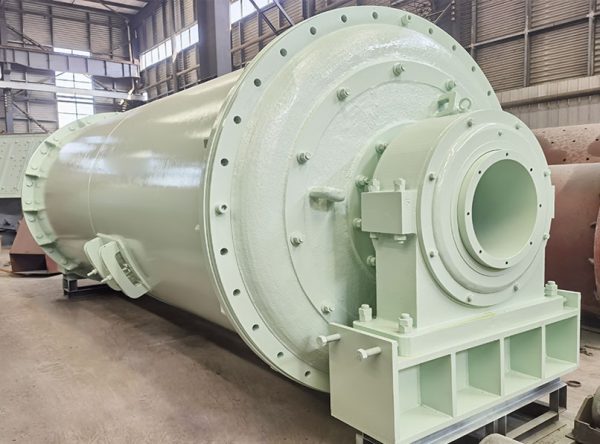
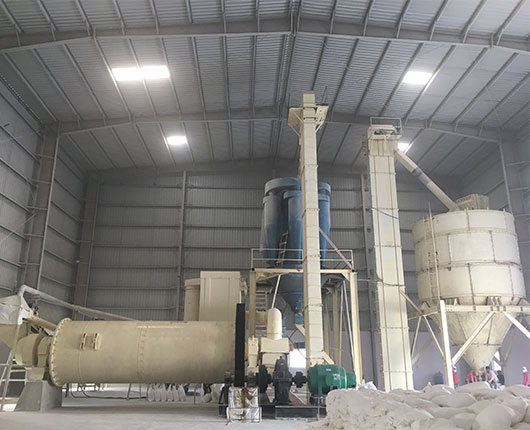
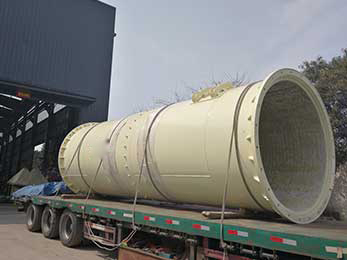
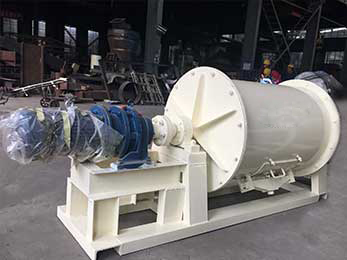

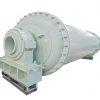
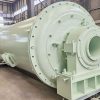
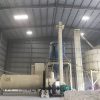
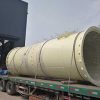
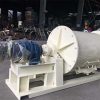
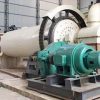
Ceramic ball mill is a kind of the best solution and specifically designed for high purity material. Inwall of ball mill using high alumina ceramic, zirconia, rubber wear resistant material to keep raw material free of metallic contamination during grinding.
Ceramic ball mill is a kind of the best solution and specifically designed for high purity material. Inwall of ball mill using high alumina ceramic, zirconia, rubber wear resistant material to keep raw material free of metallic contamination during grinding.
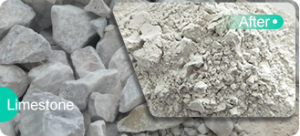
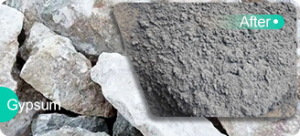
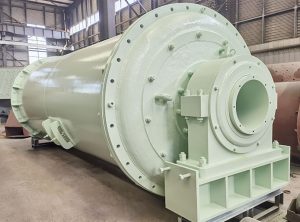
1.Ceramic ball mill mainly used to mix and grind the material, the final product has average fineness. It is suitable for ceramic, glaze and quartz industry which has strict requirements for the iron content.
2.With wear-resistant ceramic liner and ceramic balls as grinding media, ceramic ball mill has high grinding precision and less metal impurities, which not only improves the service life of the equipment and the purity of materials, but also expands the application range.
3.According to different capacity, ceramic ball mill could be made into batch type and continuous type.
Ball mill production line has a precise classification, so the produced materials have uniform fineness.
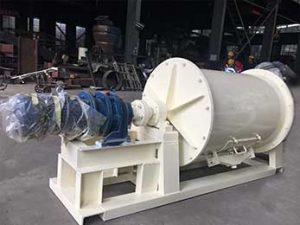
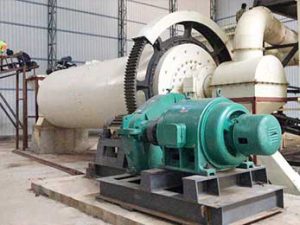
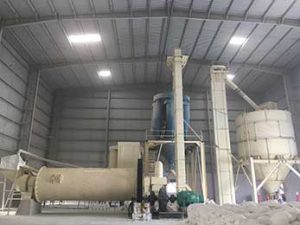
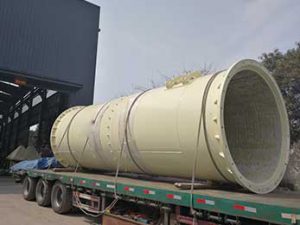
Different lining boards and grinding mediums are available for milling different materials to guarantee the purity and whiteness of finished products.
The ball mill could be equipped with steel plate, high aluminum porcelain lining or rubber lining plate to meet different requirement.
Adopted energy-saving technology and classification technique to save over 40% energy for producing same quantity materials.
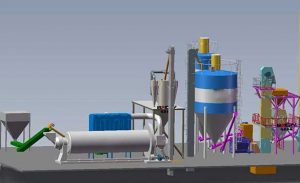
Ball mill machine is mainly composed of feeding part, discharging part, rotary part and driving part which includes reducer, small drive gear, electrical machine and electronic control. In powder grinding plant, ball grinding process flow includes crushing, milling, air classifying, packing, silos, bucket elevator, conveying,etc. Grinded material discharges from outlet grit fluently. Ball grinding mill is Formed a closed system with air classifier. Coarse material will be back to ball mill to grind again, and qualified material will go to be packed by worker or packing machine.Cleaned gas will be discharged by induced draft fans.
| Model | Cylinder Rotating Speed (r/min) | Ball weight (t) | Feeding Size (mm) | Discharging Size (mm) | Capacity (t/h) | Power (kw) |
| Ф900×1800 | 38 | 1.5 | ≤20 | 0.075-0.89 | 0.65-2 | 18.5 |
| Ф900×3000 | 38 | 2.7 | ≤20 | 0.075-0.89 | 1.1-3.5 | 22 |
| Ф1200×2400 | 35 | 4.6 | ≤25 | 0.075-0.6 | 1.6-5.8 | 37 |
| Ф1200×3000 | 36 | 3.5 | ≤25 | 0.074-0.4 | 1.6-5 | 37 |
| Ф1200×4500 | 35 | 5.5 | ≤25 | 0.074-0.4 | 1.6-5.8 | 55 |
| Ф1500×3000 | 29 | 9 | ≤25 | 0.074-0.4 | 2-7 | 75 |
| Ф1500×4500 | 27 | 11 | ≤25 | 0.074-0.4 | 3-6 | 110 |
| Ф1500×5700 | 29 | 17 | ≤25 | 0.074-0.4 | 3.5-6 | 110-130 |
| Ф1830×4500 | 25.4 | 15 | ≤25 | 0.074-0.4 | 4.5-12 | 155 |
| Ф1830×6400 | 24.1 | 21 | ≤25 | 0.074-0.4 | 6.5-15 | 210 |
| Ф1830×7000 | 24.1 | 23 | ≤25 | 0.074-0.4 | 7.5-17 | 245 |
| Ф2100×4500 | 23.7 | 24 | ≤25 | 0.074-0.4 | 8-43 | 245 |
| Ф2100×7000 | 23.7 | 26 | ≤25 | 0.074-0.4 | 8-48 | 280 |
| Ф2200×4500 | 21.5 | 27 | ≤25 | 0.074-0.4 | 9-45 | 280 |
| Ф2200×6500 | 21.7 | 35 | ≤25 | 0.074-0.4 | 14-26 | 380 |
| Ф2200×7000 | 21.7 | 35 | ≤25 | 0.074-0.4 | 15-28 | 380 |
| Ф2400×3000 | 21 | 23 | ≤25 | 0.074-0.4 | 30-50 | 245 |
| Ф2400×4500 | 21 | 30 | ≤25 | 0.074-0.4 | 40-60 | 320 |
| Ф2700×3600 | 20.7 | 40 | ≤25 | 0.074-0.4 | 45-80 | 430 |
| Ф2700×4500 | 20.7 | 48 | ≤25 | 0.074-0.4 | 50-90 | 430 |
| Ф2700×13000 | 20.7 | 60 | ≤25 | 0.074-0.4 | 50-90 | 630 |
| Ф3200×4500 | 18 | 65 | ≤25 | 0.074-0.4 | — | 800 |
*The output will vary according to different materials, feed particle size and other factors